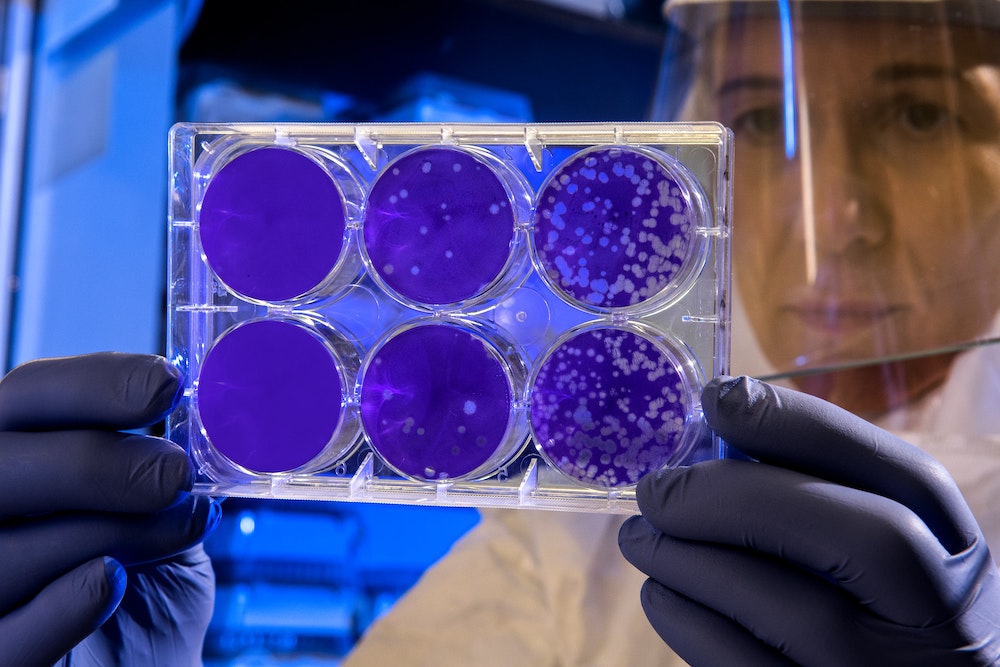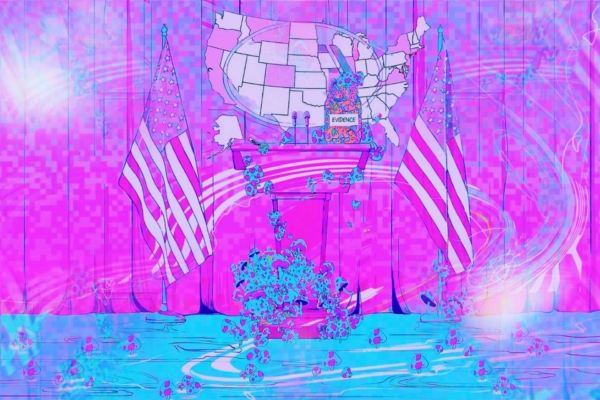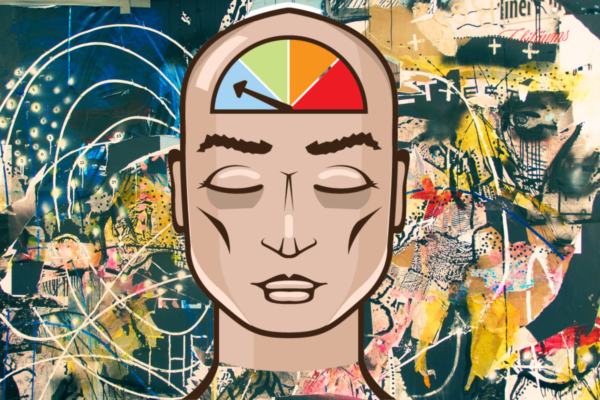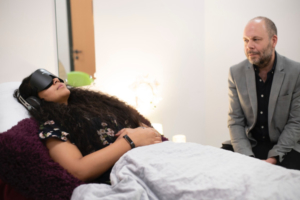
Could bacteria be the most efficient and cost-effective way to produce psilocybin and other molecules on a commercial scale? PsyBio Therapeutics is banking on it. The biotech company is using genetically modified bacteria to biosynthesize psychedelic molecules.
There are many ways to produce psilocybin, the psychoactive ingredient in magic mushrooms. One way is to extract it from psilocybin-producing mushrooms. But mushroom production is hard to scale and the amount of psilocybin can be inconsistent. Degradation is also a concern.
Another way is to produce psilocybin from a chemical reaction, such as how psychedelic company Compass Pathways is producing the psychedelic. But synthetic psilocybin is typically produced at very low yields and very high costs.
With this in mind, PsyBio CEO Evan Levine set out to find innovative technology to structure his new company around when he discovered Dr. Andrew Jones’ 2019 paper, “In vivo production of psilocybin in E. coli.” Jones, a researcher at Miami University in Ohio, reported that developing a psilocybin production platform in microbes could rapidly advance the production of psilocybin for use in ongoing clinical trials—a potential game-changer in the psilocybin production business.
“I published this paper knowing that it was going to make an impact,” Jones told Benzinga. “Anytime you make a psychedelic drug in a bacteria, it’s a good day.”
Jones’ paper garnered plenty of attention from psychedelic companies, venture capital funds, and the media. Levine was so enthralled; he wanted to go all in. PsyBio agreed to bankroll Jones’ research to the tune of $1 million. Then last April, the two reached an agreement to expand the university’s research program, increasing that investment by an additional $1.5 million.
“Actually, we built PsyBio Therapeutics around Miami University and Dr. Jones’ technology,” Levine told Benzinga. “The company acquired the global exclusive rights to Andrew’s platform technology that can biosynthesize a multitude of these tryptamines from genetically modified bacteria.”
Jones has since expanded his research into the development of other tryptamines with potential therapeutic potential. PsyBio, meanwhile, is forging ahead with new patent filings with a goal of presenting Investigational New Drug applications with the Food and Drug Administration by year’s end.





